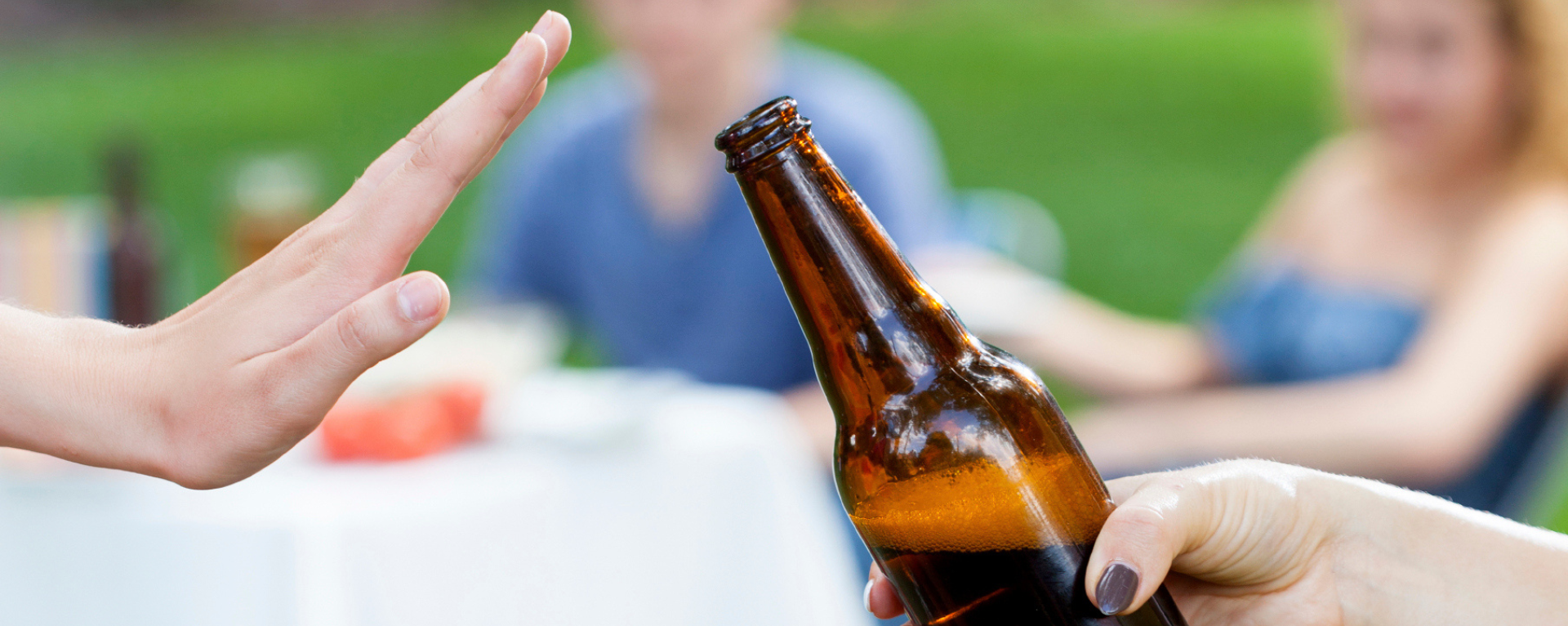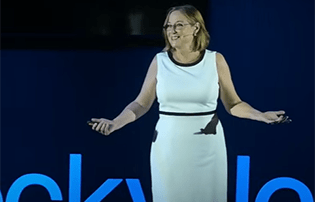
This article originally appeared in
The Baltimore Sun on January 26th, 2024
In recent years, at least 15% of American adults have vowed not to drink alcohol for the entire month of January. As an addiction researcher, I found it interesting that millennials are the most likely to make a Dry January pledge (“Not just ‘Dry January’: More Baltimore bars are offering alcohol-free drinks year-round,” Jan. 23, 2023).
Some people find stopping drinking alcohol to be a piece of cake. Others, not so much.
I count myself in this latter category. I never drink during the day and only very rarely drink the four or more glasses of wine defined as “binge drinking” for a woman. But I look forward to a glass of Sauvignon Blanc after a long day of work or when I go out for dinner. If I don’t think about it, I can go for months drinking one or two glasses of wine every single night. So not drinking at all for a month is difficult.
Does that mean I’m an alcoholic?
Actually, while the word “alcoholic” is commonly used, it’s not well defined. Addiction professionals determine whether and how severely a person is addicted to alcohol through an 11-question test called the Alcohol Use Disorder assessment. If you’re curious how you’ll score, you can take it now at www.alcohol-assessment.com.
My score indicates I have a mild Alcohol Use Disorder. There are questions that are clearly true for me, like: “Have you had times when you ended up drinking more, or longer, than you intended?” And it turns out I’m in good company — according to Substance Abuse and Mental Health Services Administration’s 2022 National Survey on Drug Use & Health, 6.2% of all Americans over the age of 11 have a mild Alcohol Use Disorder. Another 4.3% have a moderate or severe Alcohol Use Disorder.
So what to do with this information?
Personally, I’m going to do my best to refrain from drinking throughout 2024 and, hopefully, beyond. Alcohol is a depressant and a poison and I feel better and sleep better when I don’t drink. Having stopped drinking for two years before, I also know that not drinking gets easier over time. Not drinking becomes a habit just like drinking is for me now.
However, I’m not going to criticize an adult with a mild Alcohol Use Disorder who chooses to start drinking again in February in moderation. Yes, there’s no question you’d be better off not drinking. However, you’ve proven you can quit entirely. And according to a study in American Psychological Association’s PsycNet, there’s a good chance you’ll be consuming less alcohol for at least the next six months as a result of having participated in Dry January.
On the other hand, if you weren’t able to get through January without drinking or if your assessment shows you have a Moderate or Severe Alcohol Use Disorder, my advice is that you stop drinking entirely. Alcoholism is a progressive disease, and it gets harder and harder to stop. An estimated 140,000 Americans die every year from alcoholism and many, many more suffer serious consequences.
You may be able to stop drinking through sheer willpower alone or by becoming involved in a sober community like Alcoholics Anonymous. The higher your Alcohol Use Disorder score, however, the more likely it is that you’ll need the help of an addiction treatment program or counseling to stop drinking permanently. Do so today. I know you don’t believe it now, but life will be infinitely better when you’re no longer spending a lot of your time craving and plotting how to have your next drink.







